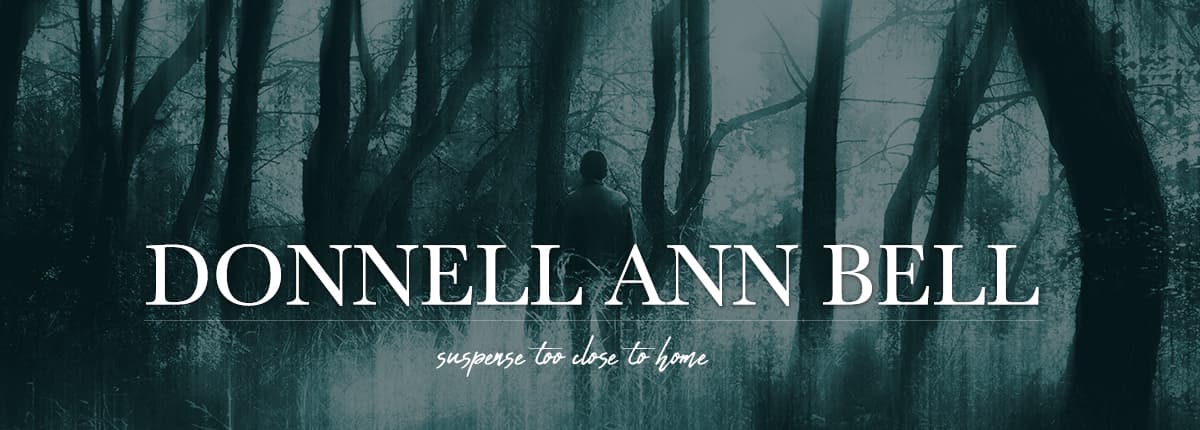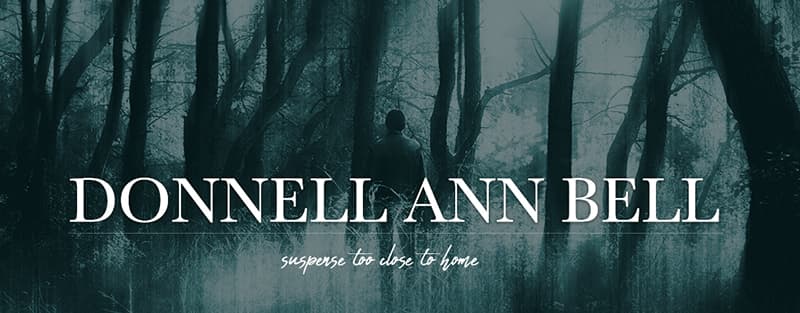by Donnell Ann Bell
Back in 2008, I read a blog by Tess Gerritsen called ,”When business runs your life,” in which she expressed concern over a bestselling author, a millionaire many times over, who had become so consumed by her deadlines she was literally making herself sick.
I never forgot that blog, or Dr. Gerritsen’s admonition. Then and there I decided that if/when I got published I would respect my limitations. I mean, who wanted fame and fortune that bad?
My publisher bought my first book, and afterward I signed a two-book contract. I felt the time constraints were reasonable. After all, one book was completely written. That left me nearly a year to write book two. I’d worked for a weekly newspaper; I’d met deadlines. Every Wednesday without fail my coworkers and I put the paper to bed.
I was organized, professional. I would make my fiction deadlines as well, have a life, and not spend my mornings over a toilet like this poor author I no longer envied.
The goal toward dealing with deadlines started out fine. I developed my characters, outlined the book, and wrote. Most months I made my goal of 20K—even allowing for family time, book signings, conferences, and for when the inevitable self-doubt and freezing set in.
It was a doable deadline of August 1 until June 23, 2012, and 60,000 words into my 85K word manuscript, breaking news hit the citizens of El Paso and Teller Counties. Fire had broken out on a popular hiking trail known as Waldo Canyon, approximately ten miles from my house.
This was concerning on so many levels, a writer’s deadline was the least of firefighters’ worries. The drought that had afflicted the Midwest, Rockies, and the Southwest had left my area a tinderbox. It was summer, in the high 90s, with unpredictable winds, and scrub oak and beetle-ridden pine trees provided enormous fuel.
We’d dealt with fire before and nobody panicked―yet. The U.S. Forest Service arrived like the cavalry and emergency preparedness took effect. Officials started out first with voluntary evacuations, then mandatory, as flames could be seen reaching 150 feet into the sky. Eventually more than 32,000 residents of Colorado Springs, Manitou Springs, Woodland Park as well as the mountain communities surrounding Hwy. 24 would be removed from their homes.
Still, the beast refused to be contained, and it didn’t help that speculation abounded, that the blaze had been manmade. All at once, I had more suspense going on around me than I was trying to achieve in my book, and like every other resident, we packed our suitcases and sat glued to our televisions watching the nightmare unfold. To walk outside required face masks, and the contaminated air smelled like a massive campground or ashtray. Even at my distance, I found charred debris in my yard.
June 24 and 25 came and went, and like a thriller novel when things appear to calm down, Colorado’s notorious winds picked up climbing to 60 mph. And on June 26, officials feared that the fire might come down the mountain and reach into the major population of Colorado Springs. Residents of an area known as Mountain Shadows had hours to evacuate, and soon The US Air Force Academy was at risk and ordered to do the same. During rush hour that day, the I-25 corridor was nothing more than a chaotic sea of vacating automobiles.
On June 28th, it was determined that 346 homes had been destroyed, two deaths had occurred, and the west-side neighborhood of Mountain Shadows had been wiped out.
In Waldo’s aftermath, we were left with displaced people and the responsibility of helping people pick up the pieces. One of my dear friends lost her home, and the collection of clothing, food and purchasing of bare necessities became our priority. As I drove to the Care & Share food bank, I was both pleased and astonished to be left waiting in line behind other people who wanted to give back in some small way.
Meanwhile, my deadline approached and I had yet to return to my keyboard. It was as though watching my neighbors suffer had afflicted me with their PTSD. The idea that someone had erroneously, or worse, deliberately set this blaze to my beloved community blocked my muse, and I read everything I could get my hands on in hopes that the police had apprehended the suspect.
Mid July, I contacted my publisher and warned that I might miss my deadline. Deborah Smith Vice President of BelleBooks/Bell Bridge Books wrote back, “Deadline, Fire, Deadline, Fire. Fire wins.”
I was so grateful, her kind remarks were freeing, and soon after that I finished my book, in truth, ten days after my deadline. Fires and flood have affected my community in 2012 and 2013, and 500 more homes were lost, and more deaths occurred this year. Arson is suspected to be the cause of Black Forest. Waldo Fire, Black Forest and our recent 100 year flood have proven to be more suspenseful than any thriller writer could pen. “Come hell or high water” isn’t just a phrase to me, it’s something I’ve lived. As for the author Tess Gerritsen wrote about, I have a new and vivid appreciation of her deadline hell.
This article first ran on The Thrill Begins blog for International Thriller Writers.










